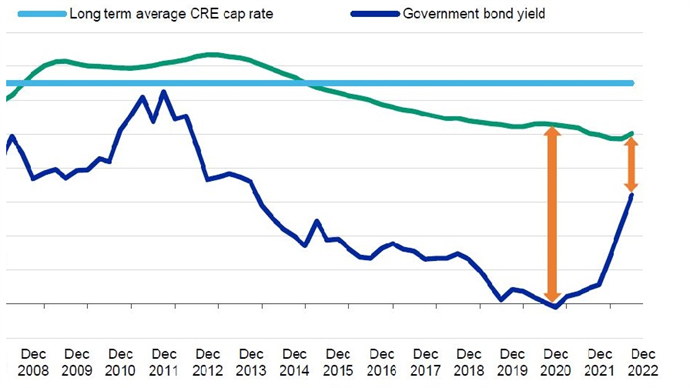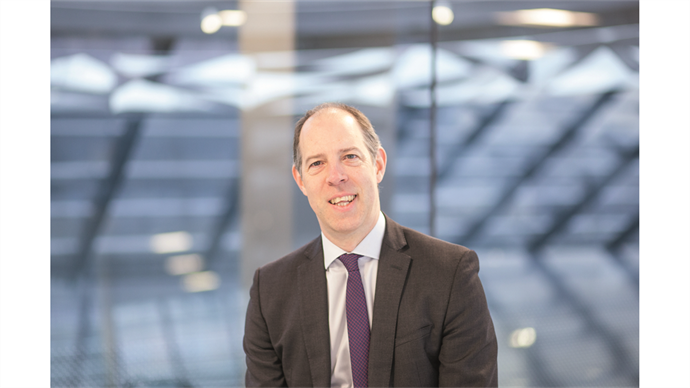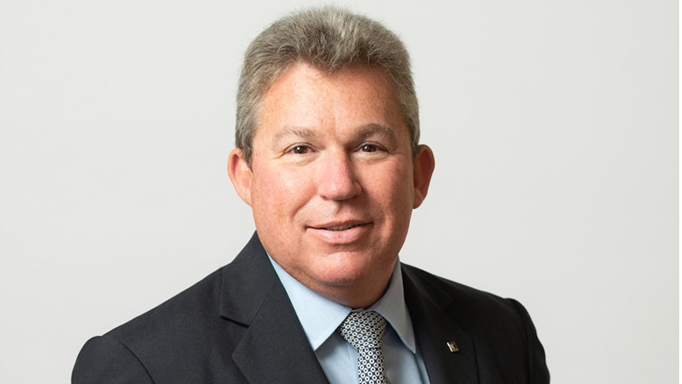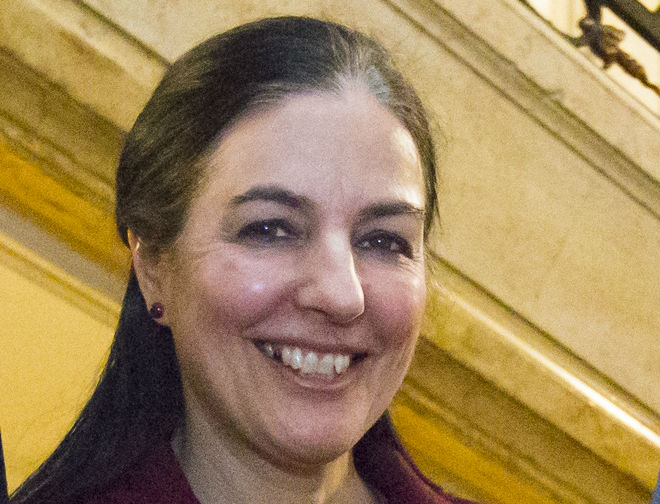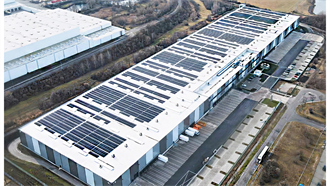Reviewing their debt financing strategy is the highest priority for many investors, as interest rates continue to rise and values start to fall.
MAGAZINE Market grapples with refinancing issues
- In Magazine highlights
- 09:22, 28 november 2022
Premium subscriber content – please log in to read more or take a free trial.
Events
Latest news
Best read stories
-

CDC Investissement Immobilier and Covivio link up on German residential
- 23-apr-2024
CDC Investissement Immobilier, the real estate asset management subsidiary of French financial institution Caisse des Dépôts, has inked a strategic partnership with Covivio in Germany.
-

-
- 23-apr-2024
Commerz Real acquires solar projects in Sweden

-

-



